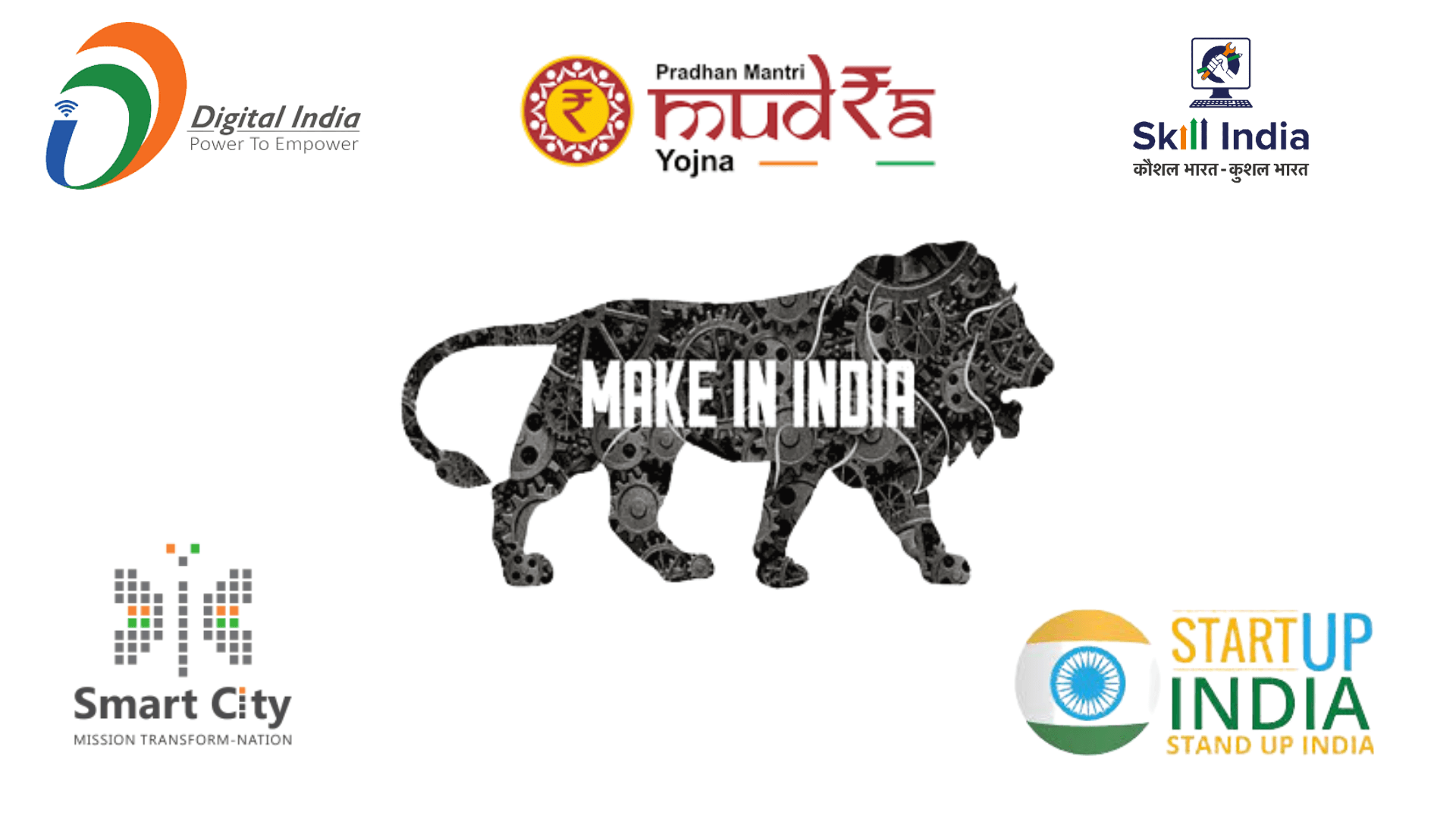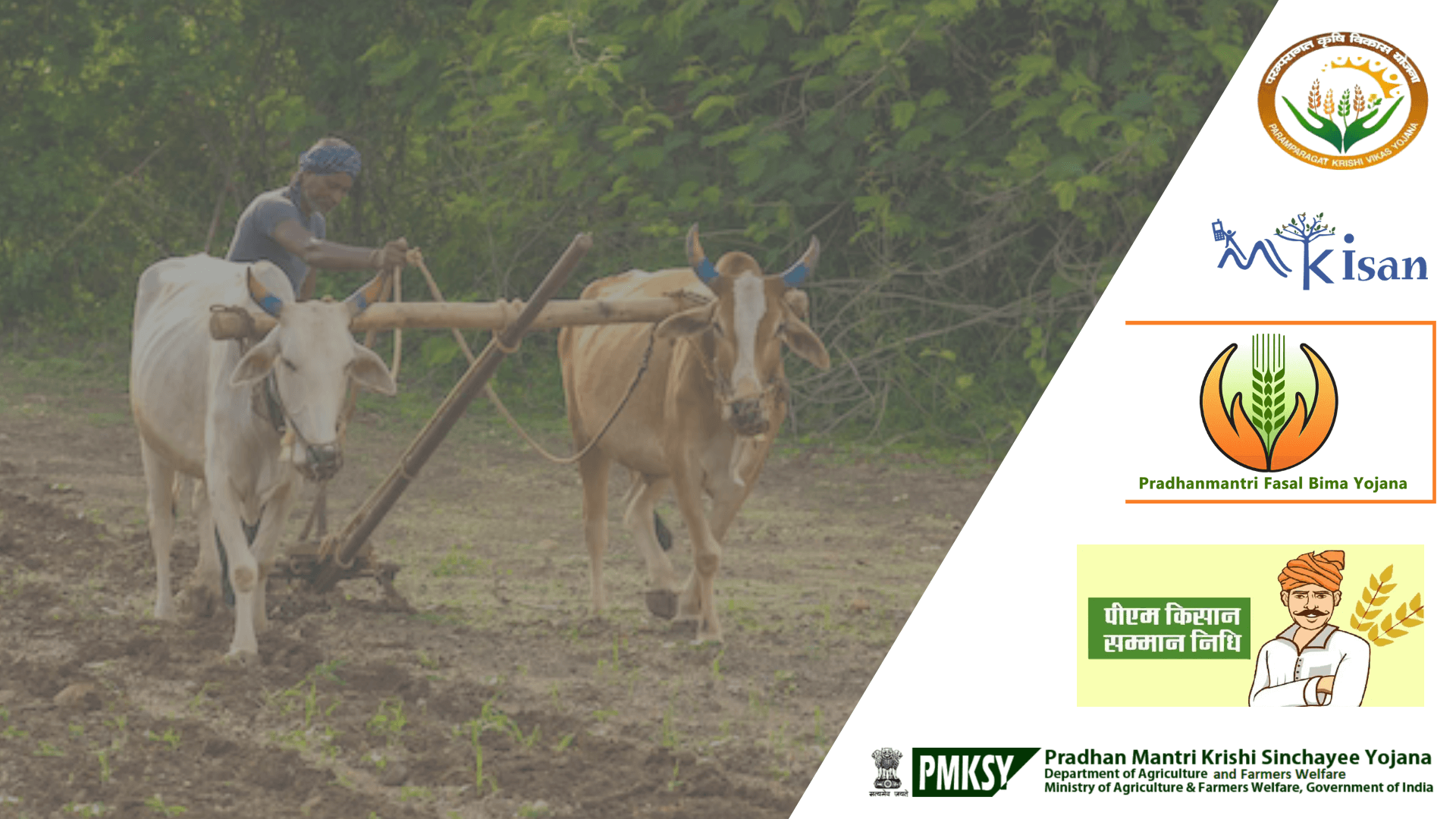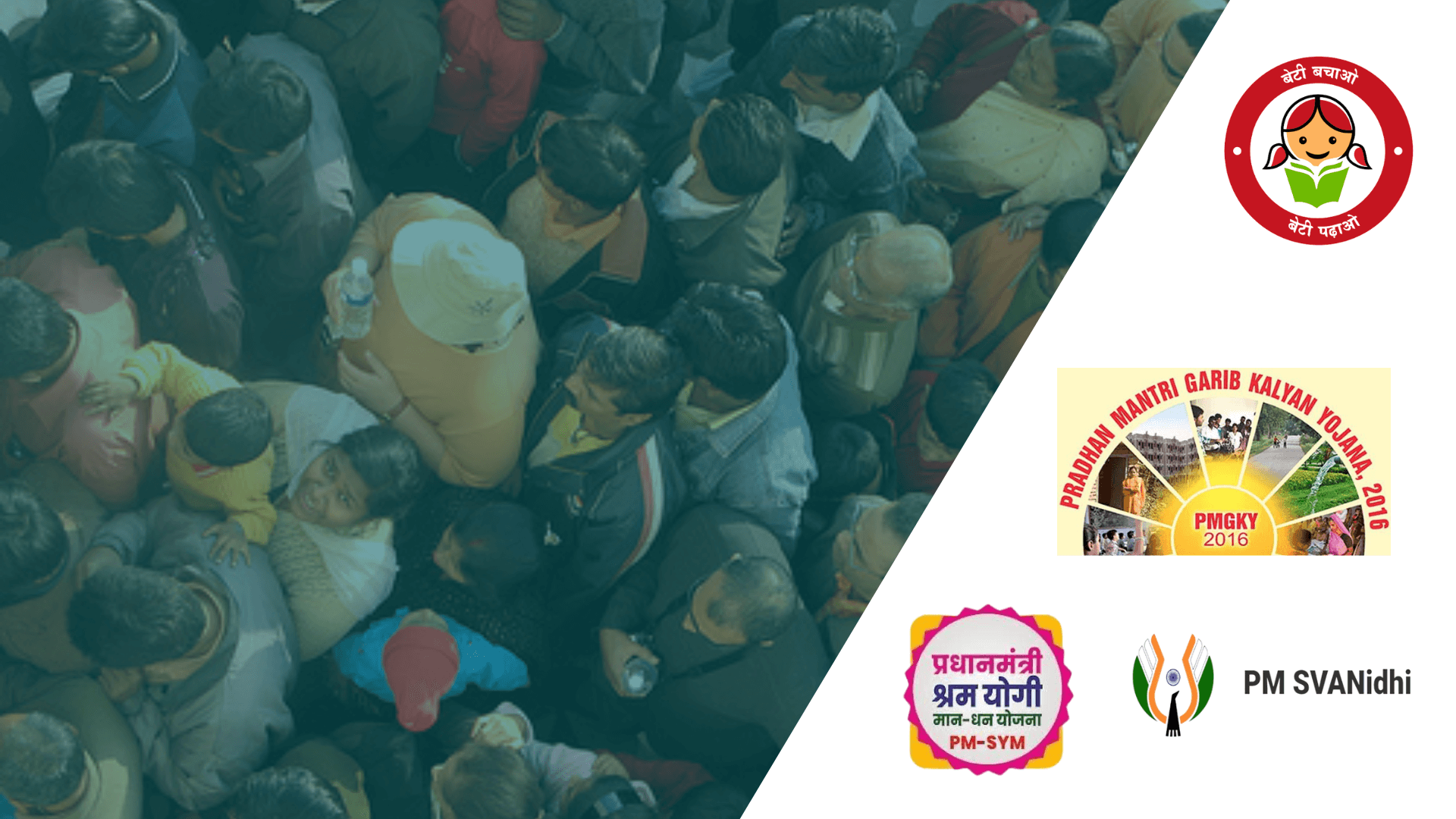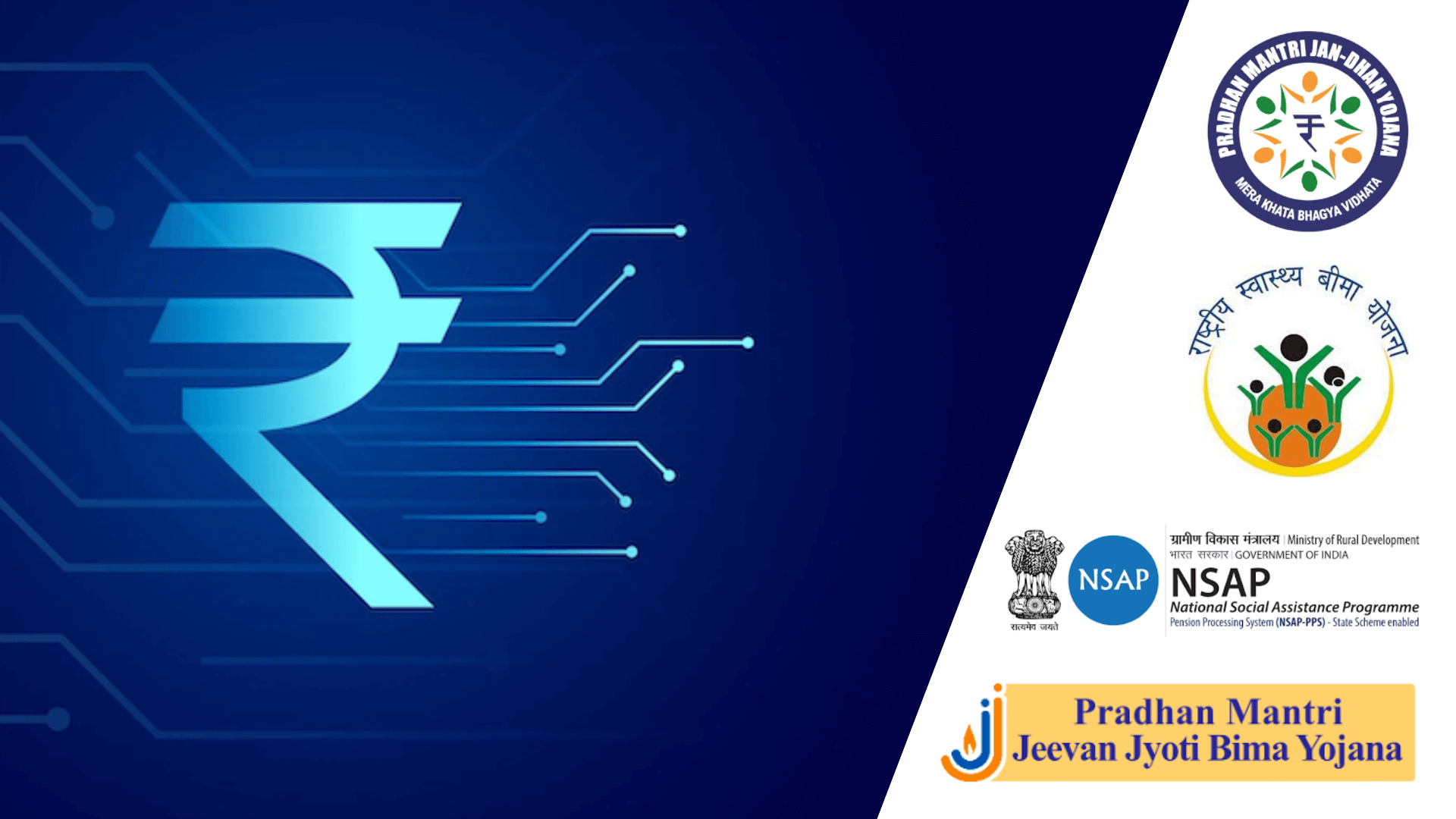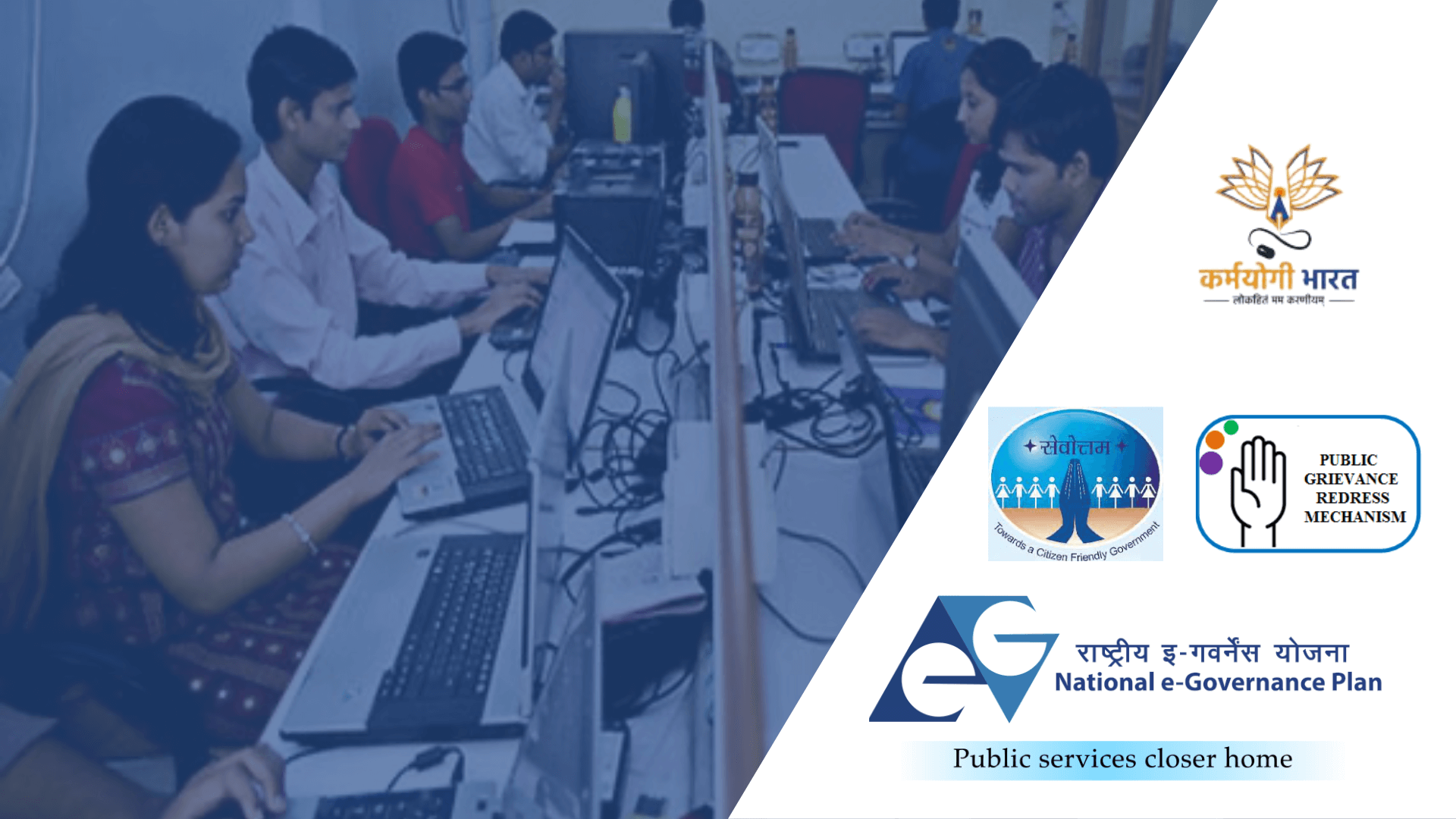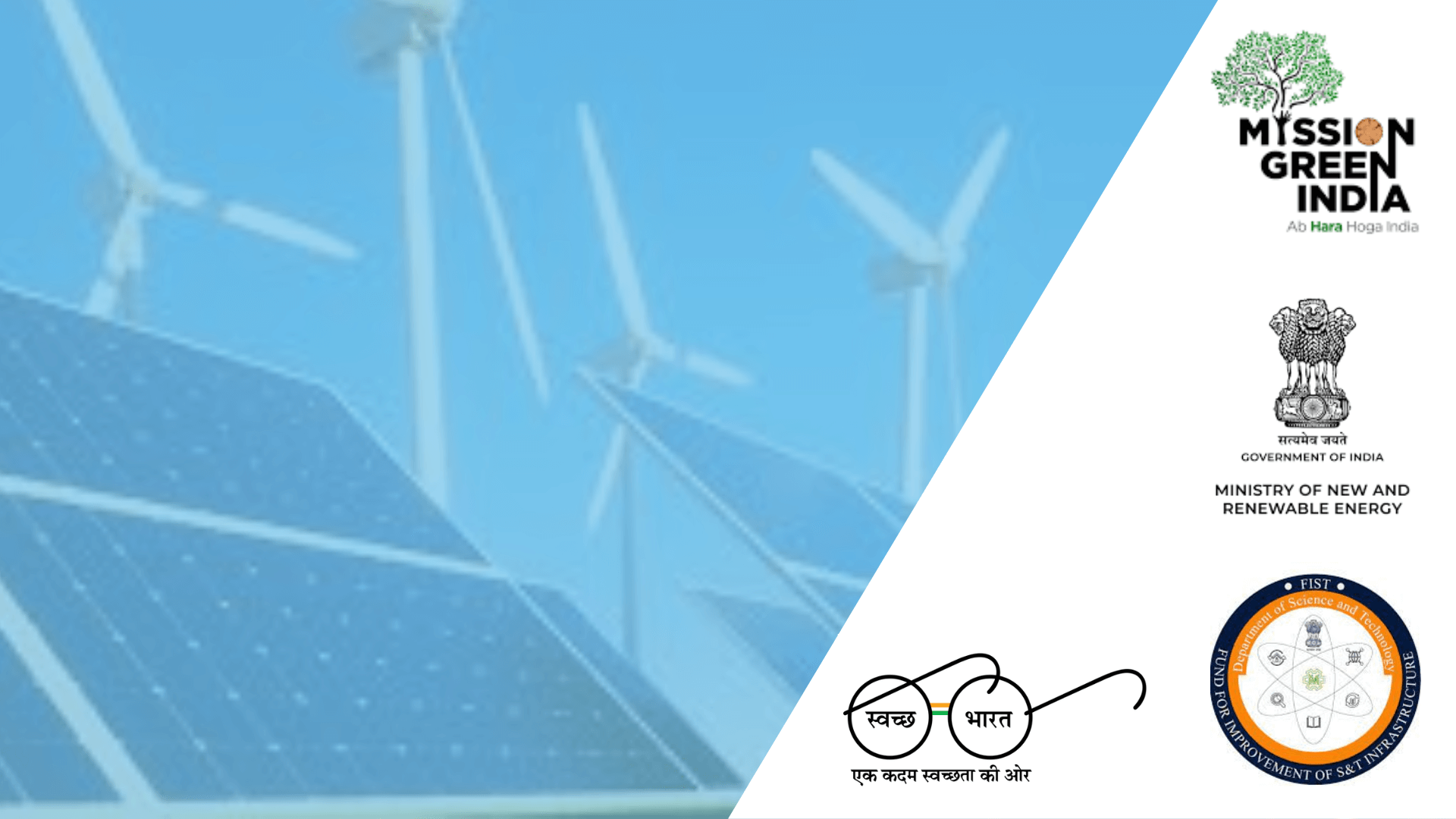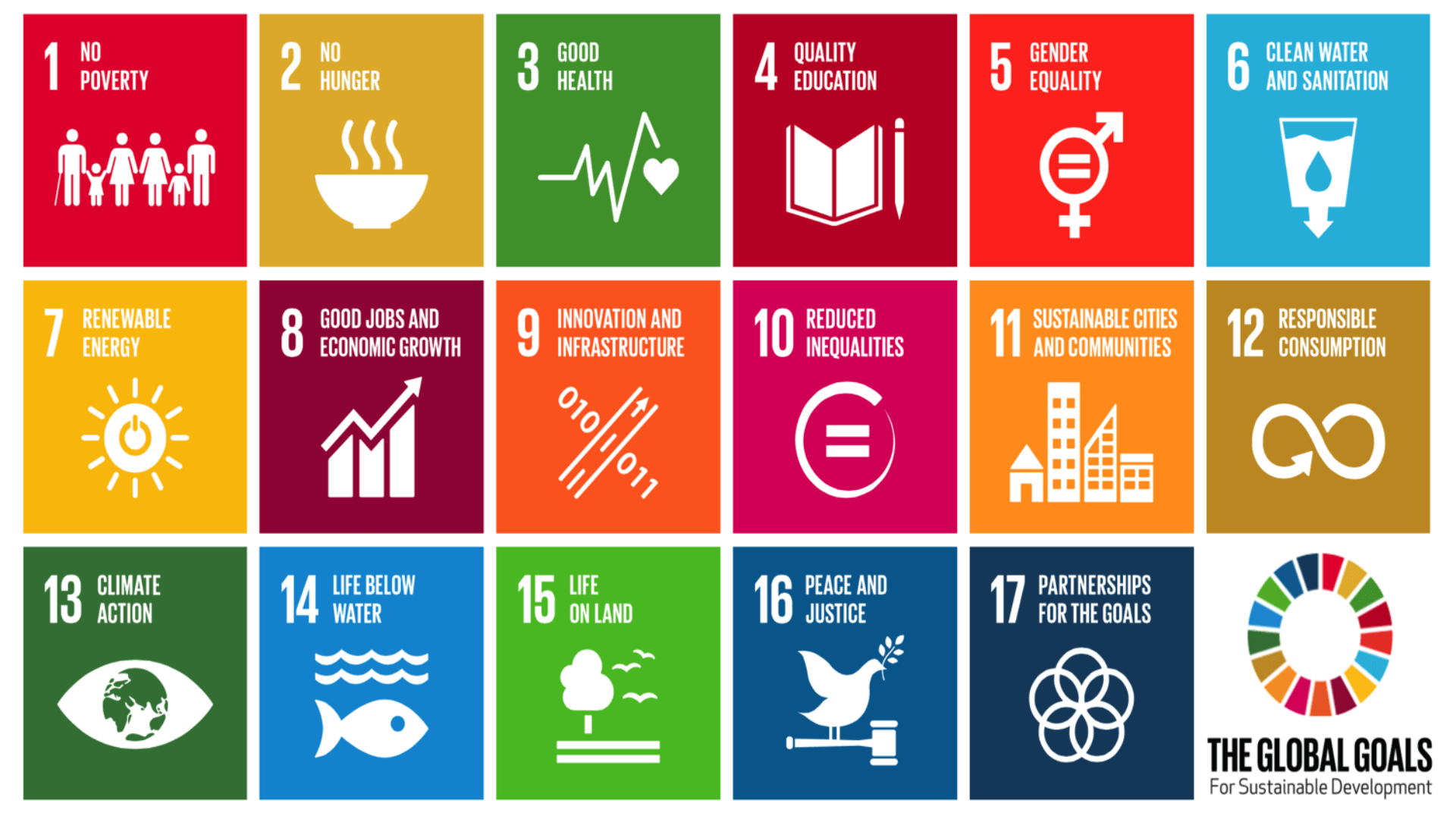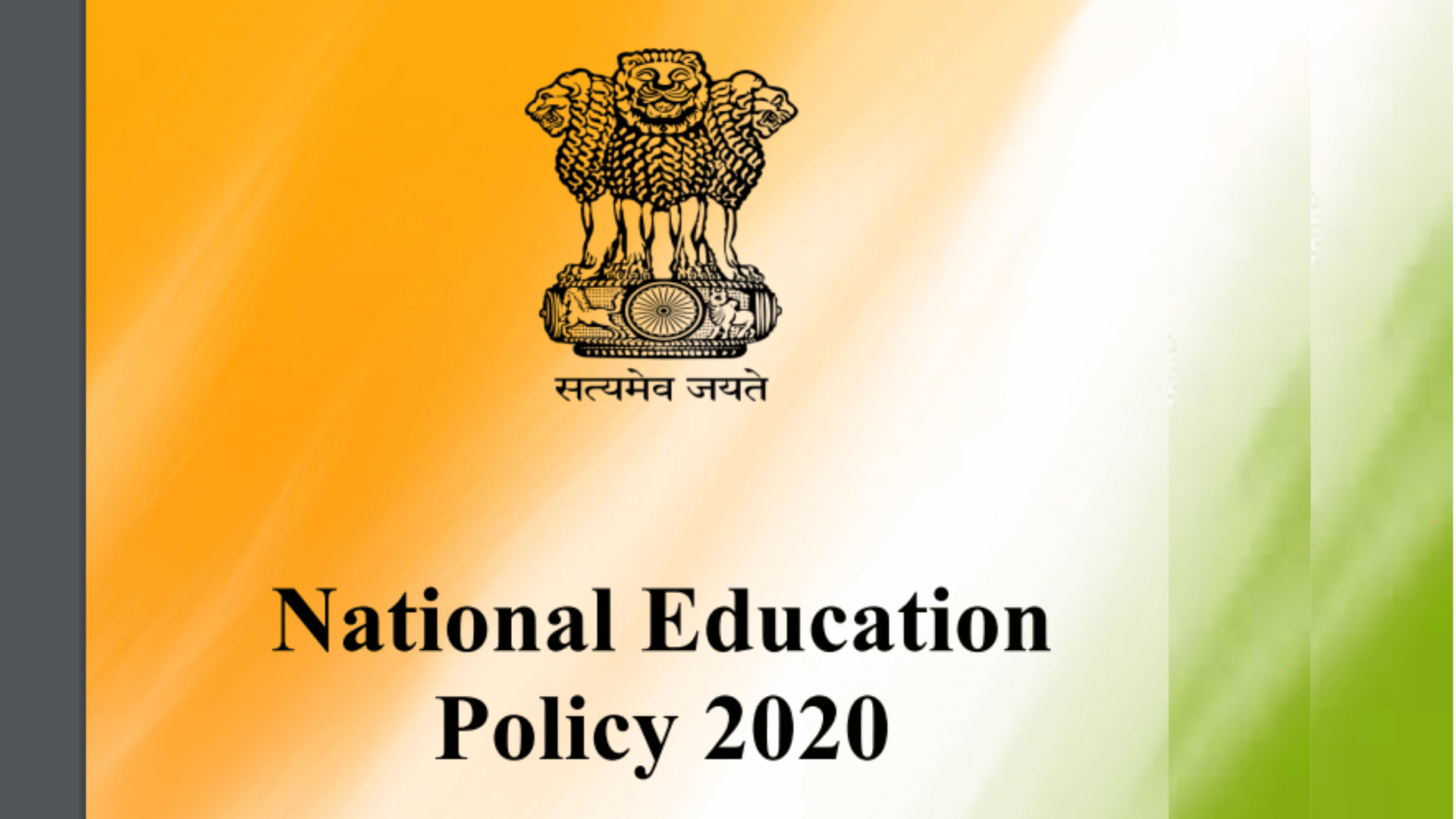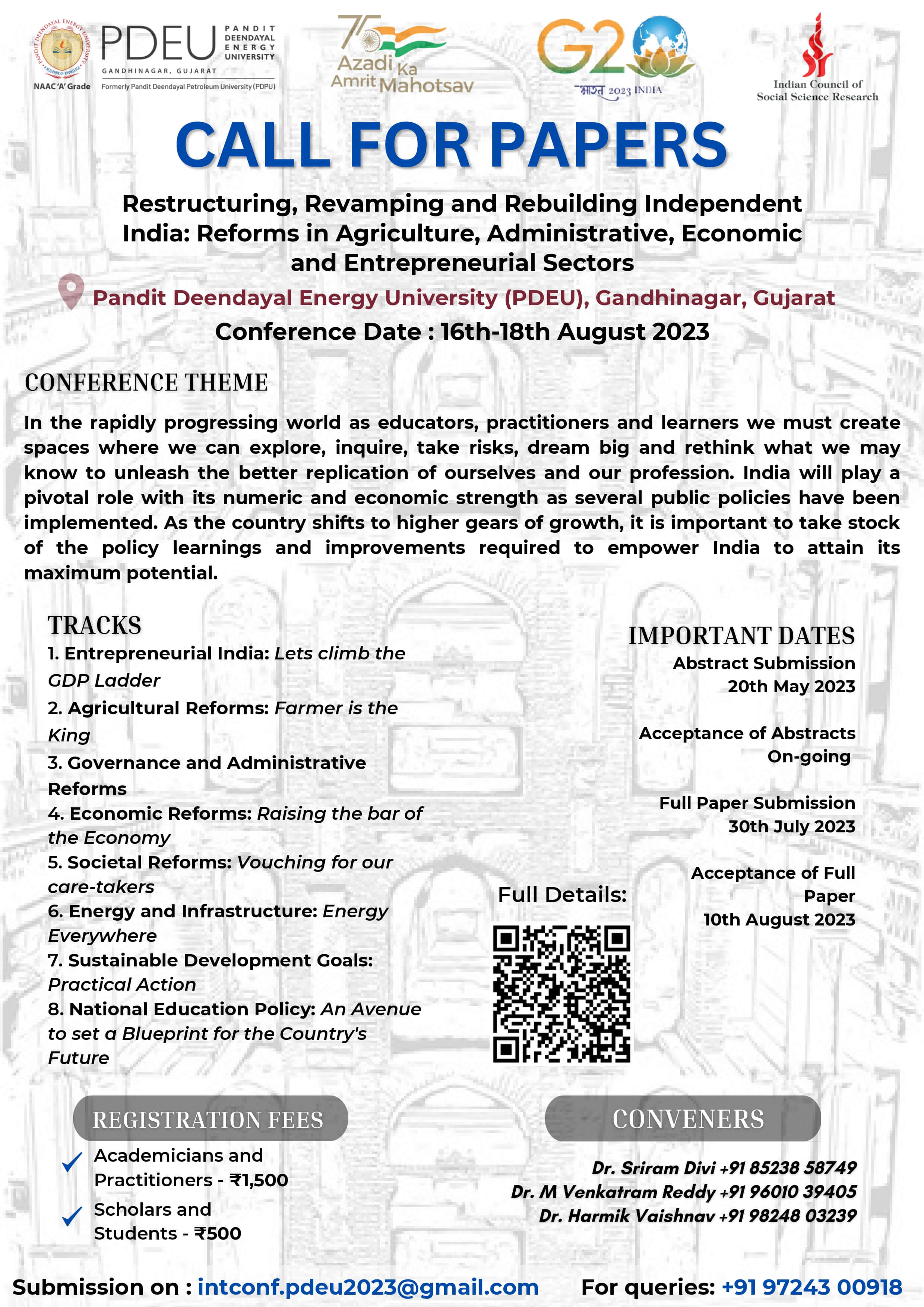International Conference
On
Restructuring, Revamping and Rebuilding The Independent India:
Reforms in Agriculture, Administrative, Economic and
Entrepreneurial Sectors
"Under Azadi Ka Amrut Mahotsav"
16th - 18th August, 2023
The Conference
In modern times because of kaleidoscopic situation and constant evolving needs of citizens, governments of the day make policies to serve citizens better and with more vigor. Over the years, the government has initiated flagship programs designed to meet the people's aspirations. These flagship policies include Make in India, NEP-2020, GST etc, which further the philosophy of maximum governance and minimum government.
This conference will deliberate on policy gaps, procedures, and priorities to address issues in the agriculture, economic, governance, and entrepreneurial sectors. Participants will discuss such broad areas of governance in the Agriculture, Industry, Society, Energy and Green Infrastructure, Economics, and Entrepreneurship. This platform would focus on crucial reforms undertaken by the government in keeping the mantra of good governance. The conference is open to academia and practitioners who are expected to bring ideas to assess the gap in the policy cycle to serve the people better by resolving the public grievances.
Conference Tracks
This track envisages on India's Entrepreneurial Spirit which has revitalized to produce a new, self-sufficient, progressive, and innovative nation. The conference will highlight on the aforementioned policies aim to reinvent India by providing a platform for young entrepreneurs to be enterprising, increasing employment, emphasizing self-reliance, and decreasing global dependencies.
- Start up India
- Opportunities arising out of New Technologies
- Process to Encourage Entrepreneurs
- Rural Entrepreneurship and Growth of Rural India
- Vocal for Local and Global Inclusion
- Entrepreneurship encouraging policies like Atal Incubation Centre (AIC), NewG EN IEDC, The Women Entrepreneurship Platform (WEP), Swarojgar Credit Card, Venture Capital Scheme for Agri-Business Development, Raw Material Assistance scheme, Sustainable Finance Scheme etc (but not limited to)
Agriculture is the backbone of India's economy. It provides a reliable source of revenue to the citizens and post agricultural revolution, there was little progress for our nation's farmers. The government has redirected its attention to focus on the development of these farmers through various schemes and mechanisms, such as providing nominal rates for seeds and water; providing the farmers with harvesting tools; and offering them insurance for themselves and their harvest, amongst others.
This conference looks into various policies reforms in agriculture sector and how it has anchored India’s economy towards stability and resilience.
- Insurance model for Farmers
- Horticulture and Food Processing
- Improving the Farm Production
- New technologies in Agriculture
- Opportunities in Allied sectors
Administrative reforms are a crucial aspect which contemplates on the governance model of any government. This conference gives a focal point on administrative development and reforms which is crucial for development of any country. For which, many innovative e- governance initiatives, capacity building steps areundertaken to revamp the structure and process towards citizen –centric governance with efficient grievance redressal system. For example, in India, Mission Karmayogi and Sevottam have reflected the vision and mission of India’s efforts towards citizen-centric governance. The new initiative of lateral entry into the civil services has increased a healthy competition and while rejecting the notation of closed bureaucratic model.
- iGOT, Karma Yogi (Digital Training Platform)
- Public Grievances Mechanism Models
- Digital India, Digital Interactive Platforms
- Public Service Delivery – Challenges
- Capacity Development & Public Institutions
- Open Government, Key to Good Governance
- Citizen Centric administration & global best practices
Development of an economy remains a little skeptical if the numbers don’t add up, as we have a variety of policies and reforms introduced into the system, which have revamped the financial sector of the Indian economy. Tailing from taxes (GST) to Jan Dhan , from Demonetization to Digitization everything has boosted the growth of our economy multi-fold.
Thus, in recent times several new policies and reforms are introduced in India to revamps its economic.
This conference would like to scrutinize several such economic reforms tailing from taxes (GST) to Jan Dhan, from Demonetization to Digitization everything has boosted the growth of our economy multi-fold.
- Way forward for achieving $5 Trillion economy
- Digital Economy
- Economy and Multilateralism
- Tax Reforms
- Monetary Policy
- Economy and Development Banks
Every transitioning economy undergoes through modernization which aims at improving energy efficiency infrastructure and labour productivity. India is concurrently encountering modernization in three aspects: Agricultural, Industrial, and Technological. These will require a higher demand of energy. As there is scarcity, fossil fuel transitioning to renewal energy is a need of the hour. As India pledged to achieve 50% electricity from non-fossil-based energy sources by 2030 and net zero by 2070.
This conference will look into the India’s changing energy infrastructure and energy transition policies which has created a constructive impact on human welfare and access to energy. Thus, this track scrutinize this modal shift in policy realm which keeps India at the fore front of renewable energy with its self-reliance, and self- dependent policies.
- UJWALA
- Sagar Mala
- UJALA
- PM KUSUM Yojana
- Rural Electrification (DUGJY)
- National Green Hydrogen Mission
A progressive economy is where the citizens enjoy basic services such as access to clean drinking water, 24*7 energy supply, smart education, affordable housing and adequate food and nutrients. This conference underlines the various priorities undertaken by government, to improve the well-being of the people, and progressively of the economy. Further, it glances into the affirmative steps undertaken by our caretakers to provide us with affordable healthcare, affordable education, and other basic necessities. Thus, embarking on how a well- considered societal and administrative reforms play a vital part in improvement of system and making it more transparent, and more efficient.
- Social Security Scheme
- PM Garib Kalyan Yojana
- Swachh Bharat Abhiyaan
- Mission Indra Dhanush
- Beti Bachao, Beti Padhao
- Jal Jeevan Mission – Har Ghar Jal
- Ayushman Bharat PM JAY
- PM SVANidhi Scheme
In 2015, the United Nations legislated the Sustainable Development Goals (SDGs) as a worldwide call to action to eradicate poverty, protect the environment, and ensure that everyone experiences peace and prosperity by 2030. This conference would like to recognize the efforts put forth by India towards it’s SDG goals and evaluate on the polices which are transmitted into action at grassroot level.
- Government Action- Localizing SDG’s
- SDG’s and Good Governance
- SDG’s and Urban Governance
- SDG’s and Human Development
- SDG’s and Public-Private Partnerships
- SDG’s and Global Best Practices
- Media and Communication
Education is a fundamental right. Human capital is a vital requirement for economic development and robust institutions. It has been demonstrated that the quality of education in terms of measurable abilities has a significant effect on earnings and health at the individual level, as well as on economic growth and employment rates at the macro level.
This conference would like to explore the role of National Education Policy (NEP), among other perspectives, in setting up the blue-print for future generations.
- De-coding NEP
- Promoting quality research
- Quality of Higher Education
- Technological Interventions Education System
- Regulatory System in Education
- Smart Schools
Chief Guest
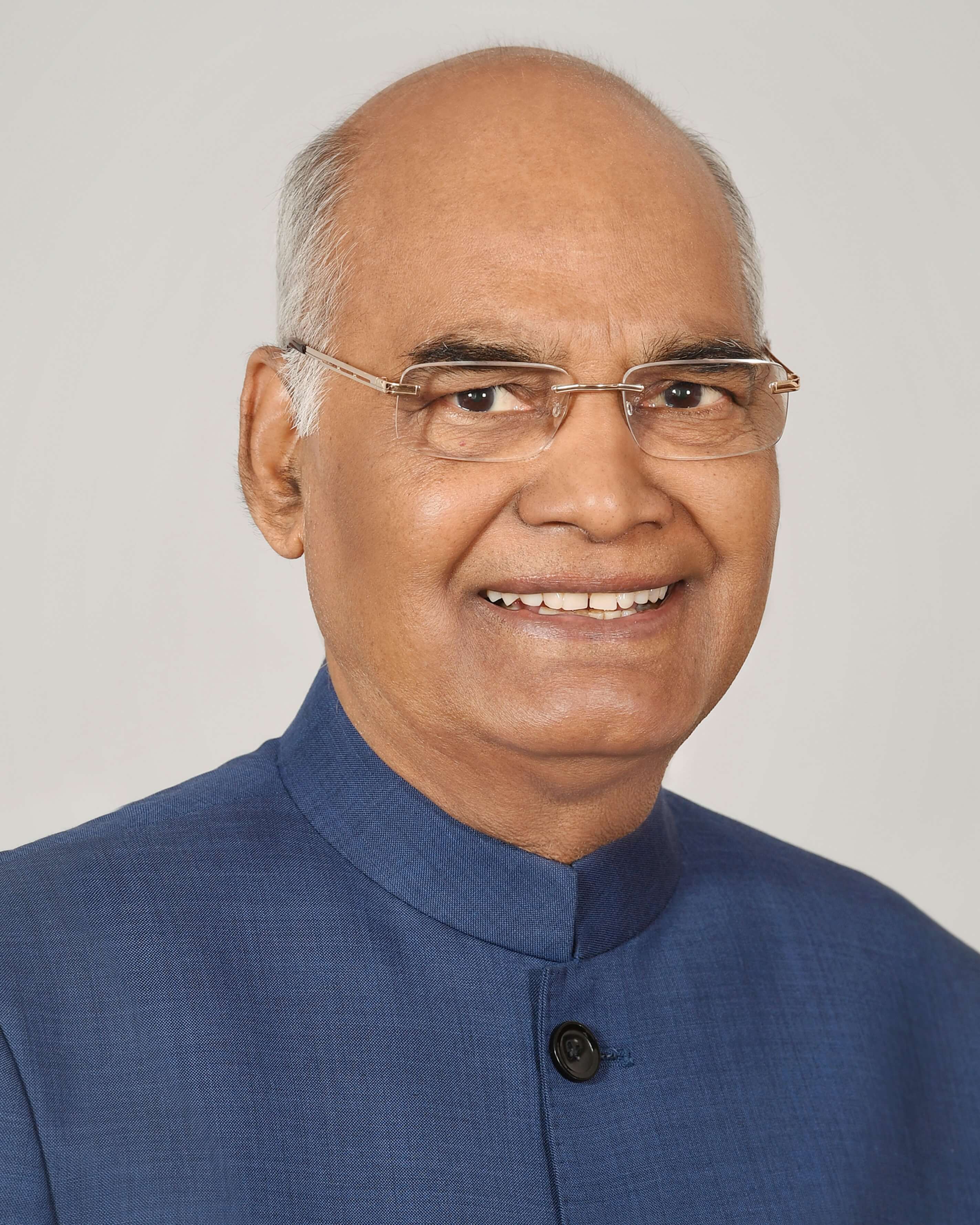
Hon. Shri Ram Nath Kovind
Former President of India
Speaker

PROF. RAJADE M. BERRY-JAMES
Professor
Senior Associate Dean of Faculty and Academic Affairs
L. Douglas Wilder School of Government and Public Affairs
Virginia Commonwealth University
Richmond (U.S.A.)
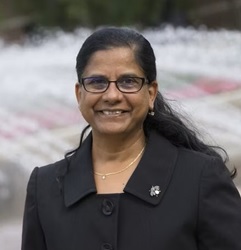
Prof. Mangala Subramaniam
Professor, Sociology
Senior Vice Provost for Faculty Affairs, Office of the Provost
Virginia Commonwealth University
Richmond (U.S.A.)

Dr. Richleen Dashield
Professor
Director of Diversity, Equity, and Inclusion (DEI),
Silver School of Social Work
New York University (USA)
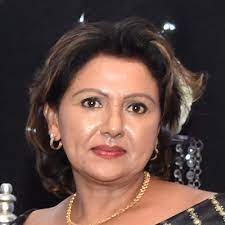
Prof. Nirmala Dorasamy
Senior Professor
Department Of Public Management
Faculty of Management Sciences
Durban University of Technology, (South Africa)
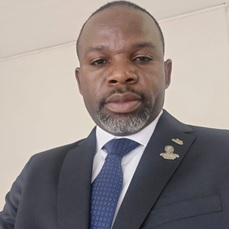
Gift Mugano (Ph.D.,)
Adjunct Professor of Economics
Durban University of Technology (Durban, South Africa)
Visiting Academic at the Lund’s University’s (Sweden)
Trade Policy Training Centre in Africa.
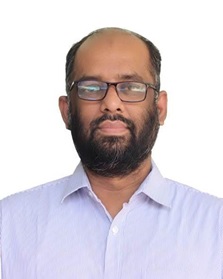
MD. Nurul Momen
Chairperson & Professor
Department of Public Administration
University of Rajshahi
Rajshahi Bangladesh
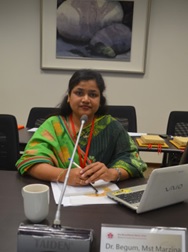
MST Marzina Begum
Professor
Department of Public Administration
University of Rajshahi
Rajshahi Bangladesh

Dr. Charles E. Menifield
Professor
School of Public Affairs and Administration (SPAA)
Rutgers University–Newark
About The University
The 100-acre campus of Pandit Deendayal Energy University is situated in Gandhinagar, the state capital of Gujarat, 23 kilometers north of Ahmedabad, a bustling metropolis with a population of 8 million. The city is renowned for its outstanding social and cultural growth.
With different national and international exchange programmes with Top Universities across the world, PDEU gives its students a wide range of courses in engineering, the arts, and management as well as maximum exposure and chances. The university makes efforts for different Joint Exchange and Research programmes to strengthen its faculty and personnel. The 2009-founded School of Liberal Studies is dedicated to implementing radical efforts to merge conventional fields of study and transform higher education into a learner-centric environment through choice-based learning. The school has a transdisciplinary academicprogram and a four- year undergraduate structure, which aligns with India's New National Education Policy (NEP).
About Gandhinagar, Gujarat
Gujarat's capital city is Gandhinagar, located in west-central India. It is located near Ahmedabad on the Sabarmati River's banks. Mohandas K. Gandhi, the father of the nation, was honored with the name Gandhinagar. The city's construction to replace Ahmadabad as the capital started in 1966. Gandhinagar is situated on the western terminus of the Industrial Corridor between Mumbai, the country's financial city, and Delhi, the country's political capital, about 23 kilometers north of Ahmedabad. On the west bank of the Sabarmati River, Gandhinagar is located around 545 kilometers (338 miles) north of Mumbai and 901 kilometers (560 miles) south of Delhi.
Transport:
- Air: 10 kilometers separate Gandhinagar from Ahmedabad's Sardar Vallabhbhai Patel International Airport, which serves both local and international flights.
- Rail: Sector 14 is home to the Gandhinagar Capital railway station (GNC). Trains from the western zones frequently pass through Gandhinagar. Five trains are now leaving from this station, three of which are express trains and two of which are MEMU trains. The three main express trains passing through this station are Jaipur-Bandra Garib Rath, Haridwar Mail for Delhi and Haridwar, and Shanti Express for Indore Junction BG.
- The closest rail junction, located 25 kilometers away in Kalupur Ahmedabad, is the Ahmedabad Railway Station (ADI), which offers access to all of India's main cities and towns.
Guidelines for Abstracts and Full Paper Submissions
- Abstracts and Full Papers should be sent in MS Word, Times New Roman, 12 font size, in 1.5 line spaces, on A4 paper.
- Abstract Submission: The abstracts should be submitted in not more than 400 words mentioning the statement of the problem, objectives, methodology, findings, conclusion and keywords along with author(s) name, affiliation and email address.
- Full Paper Submission: The authors should submit the final paper (5000–6000 words) that include- introduction, significance of the study, statement of the problem, research methodology, findings and conclusion, references etc.
- The paper should include the abstract, with sub-theme mentioned on it and on-line registration form. APA style of referencing should be followed for references.
- Full papers will be published in SCOPUS, UGC-CARE listed journals and Conference Proceedings.
- Track-wise best papers will be awarded with a memento and certificates.
- All accommodation and travel details will be informed after the Acceptance of Abstracts.
Important Dates
| Last Date for Abstract Submission | 20th May, 2023 |
| Notification of Abstract Acceptance | Ongoing |
| Deadline for Paper Submission | 30th July, 2023 |
Conference Venue
Pandit Deendayal Energy University (formerly Pandit Deendayal Petroleum University), Raysan, Gandhinagar, Gujarat, India
Conveners
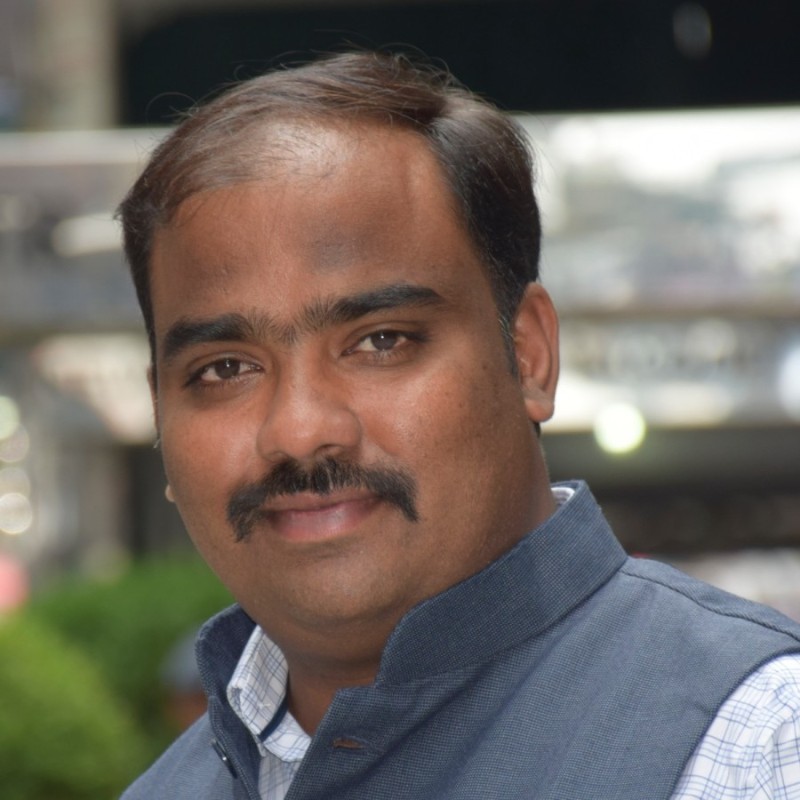
Dr. Sriram Divi
Associate Professor, PDEU
Mobile: +91 85238 58749
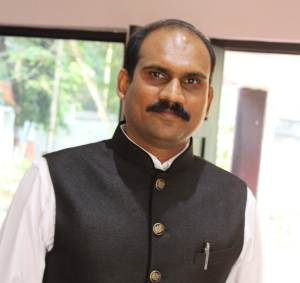
Dr. M. Venkat Ram Reddy
Associate Professor, PDEU
Mobile: +91 96010 39405
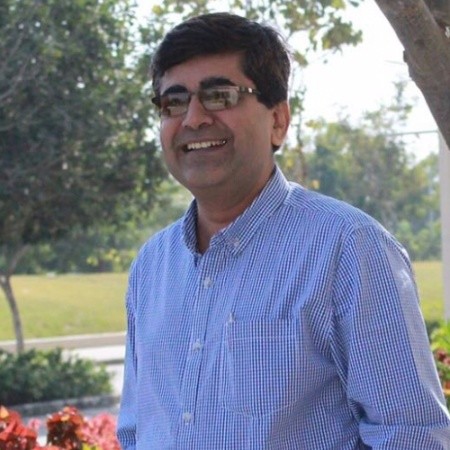
Dr. Harmik Vaishnav
Associate Professor, PDEU
Mobile: +91 98248 03239
Conference Admin
Mr. Kartikeya Shah
Mobile : +91 97243 00918
Email for Submission of Abstract & Paper: intconf.pdeu2023@gmail.com
